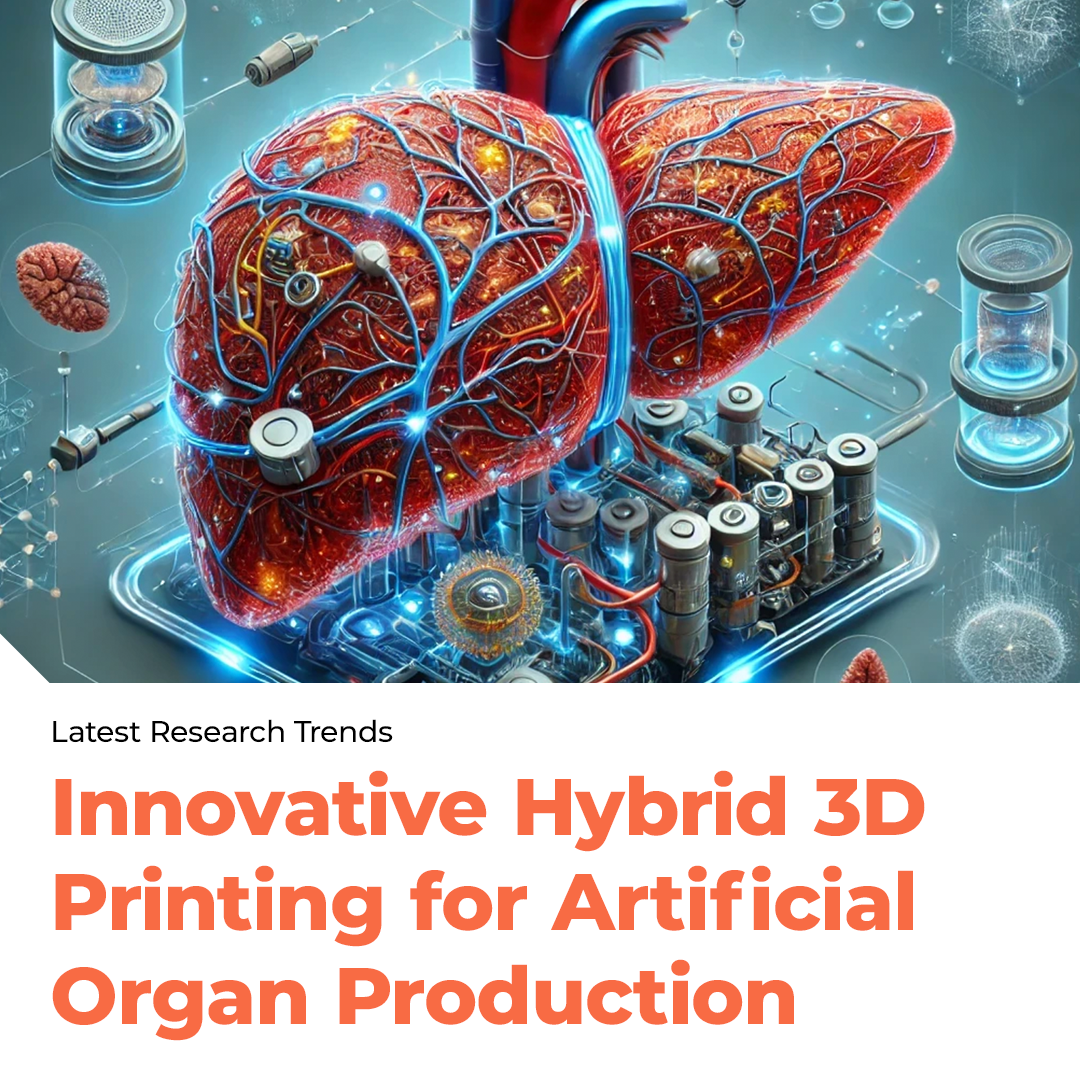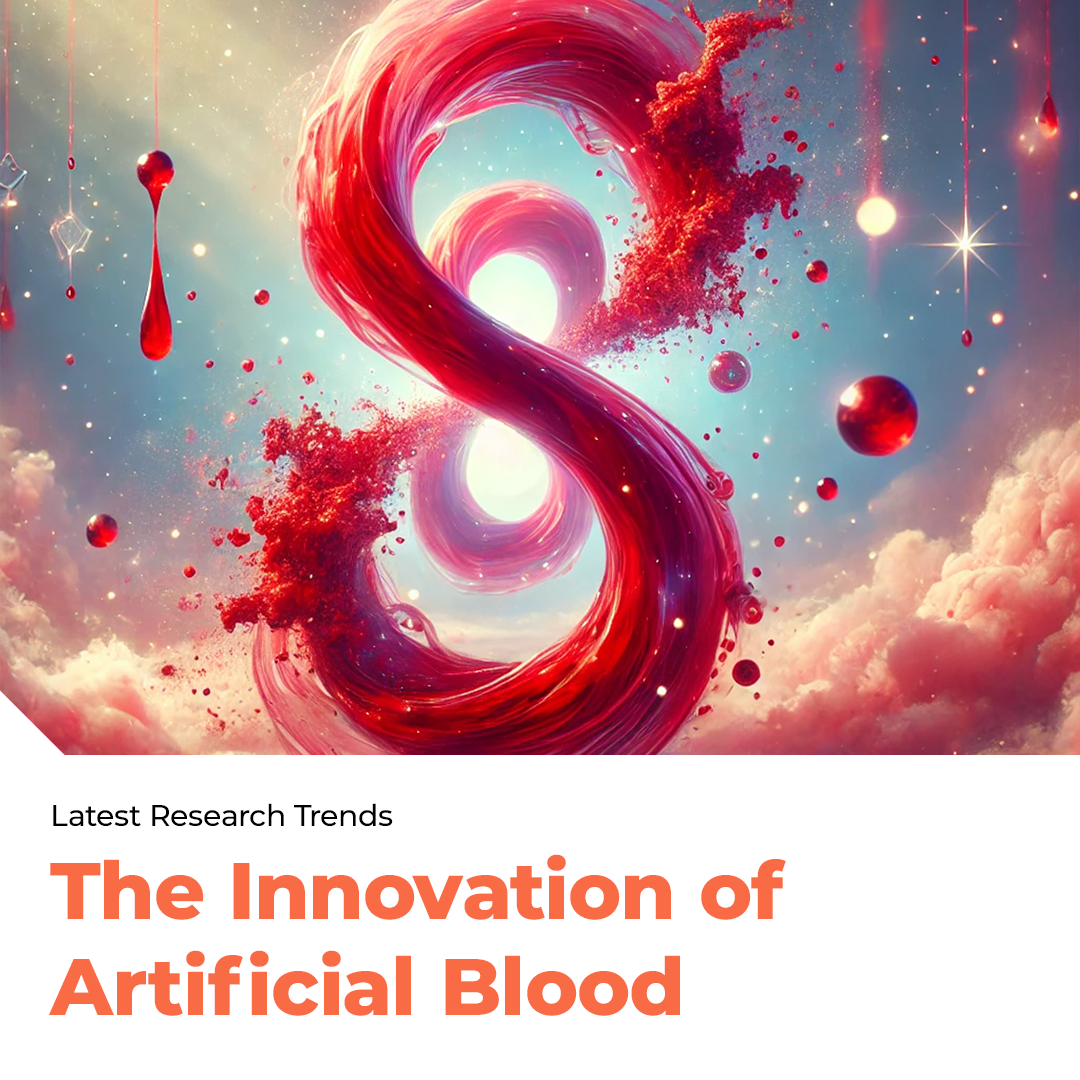Research Overview
Additive manufacturing technology has been rapidly advancing in various fields, including biomedical engineering, electronics, the automotive industry, and education. This research focuses on using hybrid 3D printing, combining FDM (Fused Deposition Modeling) and inkjet bioprinting methods to create complex organ models.
Key Points
- Introduction
- 3D printing technology is an innovative tool used in bioprinting, custom prosthetics manufacturing, and more.
- Developing biocompatible and structurally sound biomaterials is crucial.
- Materials and Methods
- The research team used materials like PLA, PVA, and medical-grade silicone (Polysiloxane) to create a liver model.
- The combination of FDM and inkjet bioprinting accurately replicates complex vascular networks.
- Results
- The successfully created liver model shows great potential for applications in education, research, and surgical planning.
- The method ensures precise structure reproduction and biocompatibility.
- Discussion
- This technology offers innovative opportunities in medical education, personalized medicine, and organ transplantation.
- Future research will focus on improving cell survival, promoting cell interactions, and ensuring efficient nutrient delivery.
- Conclusion
- A novel proof-of-concept for hybrid 3D printing of biocompatible structures has been demonstrated.
- Advancements in hardware and software are needed for full automation, enhancing the efficiency and scalability of biocompatible material fabrication.
Major Contributions
- The study presents an innovative hybrid 3D printing technology capable of producing complex organ models at a low cost.
- This methodology can be a valuable tool in education, research, personalized medicine, and organ transplantation.
This paper highlights the potential of 3D printing technology in artificial organ production and provides critical insights into future research directions.
Keywords: Tissue engineering, artificial organs










